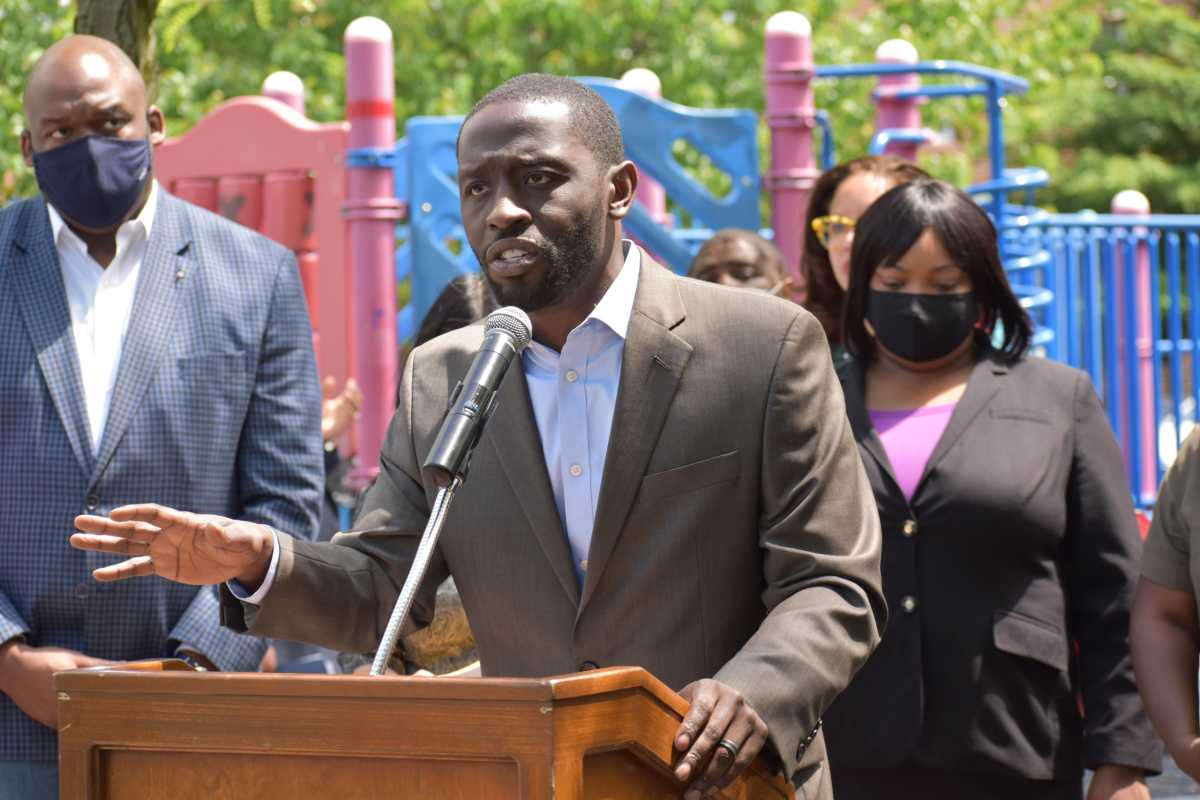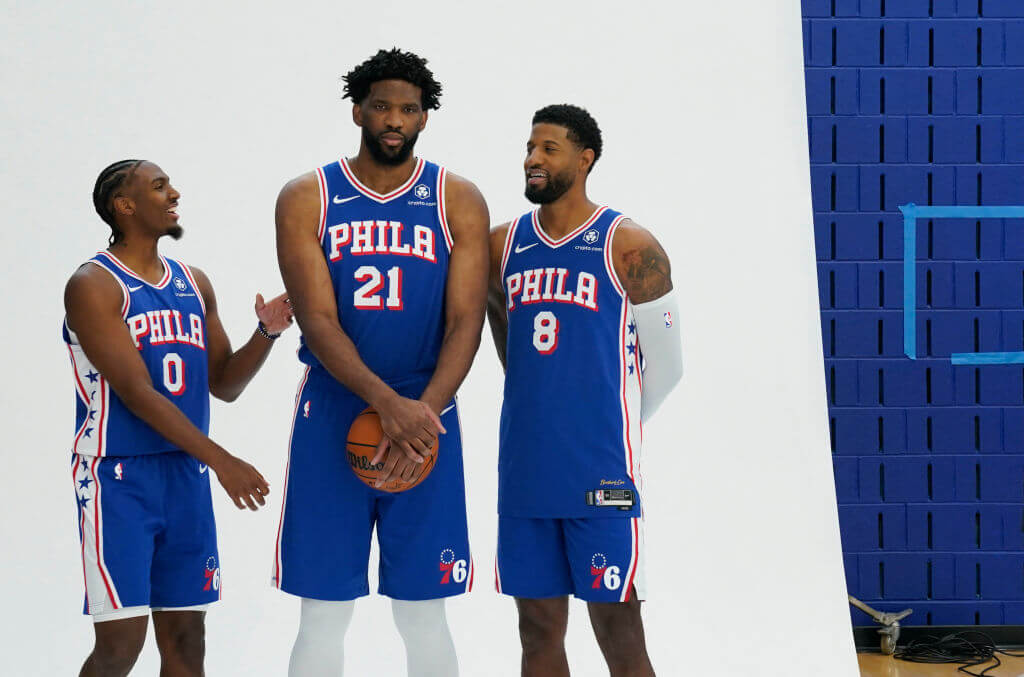Isaiah Thomas, the 37-year-old City Councilman at-large, has been stopped by police more than once a year since he got his driver’s license as a teenager.
“It’s pretty much a rite of passage for a lot of Black men to assume that you’re going to be pulled over by law enforcement multiple times,” he said.
Thomas is attempting to end that narrative. His “Driving Equality Bill,” which prevents officers from pulling over drivers for minor vehicle violations, goes into effect March 3.
The legislation designates seven secondary violations that will no longer warrant a stop — late registration; wrong location for license plate; single broken brake light; items hanging from rearview mirror; minor bumper issues; expired inspection or emissions sticker.
Police have instructed officers to handle these minor offenses the same way they enforce Pennsylvania’s seatbelt law. Drivers will only be fined if they are pulled over for a primary violation, such as speeding or rolling through a stop sign.
“We believe this is a fair and balanced approach to addressing racial disparity without compromising public safety,” the Philadelphia Police Department said in a statement.
In the future, authorities may utilize technology to better enforce minor violations, Thomas said.
Cameras have already been deployed in recent years to detect red-light runners at busy intersections around the city and speeders on Roosevelt Boulevard.
Thomas said the purpose of “Driving Equality” is to improve law enforcement’s relationship with the community and use police resources on more serious crimes.
“It is about limiting the experiences as it relates to negative interactions between law enforcement and constituents,” he told Metro. “So when they go to police those neighborhoods, it puts them in a position where they are more credible.”
Data shows Black and male drivers are much more likely to be pulled over. Since January 2021, about 73% of those stopped by Philadelphia police have been Black and the same percentage have been men.
“I don’t think any demographic or any group of people should get accustomed to being pulled over by law enforcement on a consistent basis,” Thomas added, “because it only damages the perception and the relationship between that specific demographic and those that are enforcing traffic violations.”
Philadelphia will become the first major city in the country to limit officers’ ability to stop vehicles for minor offenses, and the system could become a model for other areas.
Thomas said he plans to speak with lawmakers in Allegheny County, which includes Pittsburgh, who are considering similar legislation, and he has already had discussions with officials in New York and Illinois.
Though the bill faced some opposition during its path through Council, Thomas said the feedback since its passage has been “overwhelmingly positive.”
Prior to a final vote in November, the law was amended to remove noise violations from the list of minor offenses, amid an uproar over loud cars and ‘sideshows.’ The PPD was given 120 days to train officers on the changes.
Mayor Jim Kenney signed the legislation, along with a related bill aimed at collecting data on “Driving Equality,” and issued an accompanying executive order in November.
Since a 2011 civil rights settlement, the PPD has been regularly publishing data on traffic stops; Thomas’s second bill and Kenney’s order expand on those statistics and provide for an annual report to Council and the mayor’s office.
“We want to make sure that we’re putting ourselves in a position to be able to adjust if we need to,” Thomas said. “When we monitor the data, we also want to make sure that there are no ill-advised consequences.”





























